- Your cart is empty
- Continue Shopping
Pyrolate Injection is an anticholinergic medication used before or during surgery to reduce secretions in the mouth, throat, or stomach. It also helps reverse certain side effects caused by anesthetic drugs and is used to manage peptic ulcers when oral medicines cannot be taken.
Benefits
• Helps control excessive secretions during and after surgery
• Prevents unwanted effects caused by muscle relaxants during anesthesia
• Aids in maintaining a stable heart rate during surgical procedures
• Provides relief in peptic ulcer disease when oral therapy is not suitable
How to Use
Pyrolate Injection is administered by a doctor or trained nurse in a hospital setting. It should never be self-injected. Follow your doctor’s advice for dosage and treatment duration.
How It Works
Pyrolate Injection works by blocking the activity of acetylcholine, a chemical messenger responsible for stimulating secretions and muscle movements. This action helps reduce saliva and gastric secretions and stabilizes body functions during surgery.
Side Effects
Some people may experience mild and temporary side effects such as:
• Dry mouth or reduced sweating
• Blurred vision or dilated pupils
• Faster or slower heartbeat
• Difficulty in urination
• Eye redness or discomfort
If any of these persist or worsen, consult your doctor immediately.
What to Avoid
• Avoid alcohol as it may worsen drowsiness or dizziness
• Do not drive or operate heavy machinery until your vision and coordination are clear
• Avoid sudden discontinuation without medical advice
Safety Advice and Precautions
• Inform your doctor if you have glaucoma, heart problems, or myasthenia gravis
• Use with caution if you have kidney impairment
• Generally considered safe during pregnancy and breastfeeding if prescribed
• Long-term use may reduce milk production
• Always keep it out of the reach of children and store in a cool, dry place
Pyrolate Injection is a trusted preoperative medicine that ensures patient comfort and safety during surgery by controlling secretions and preventing anesthesia-related complications.




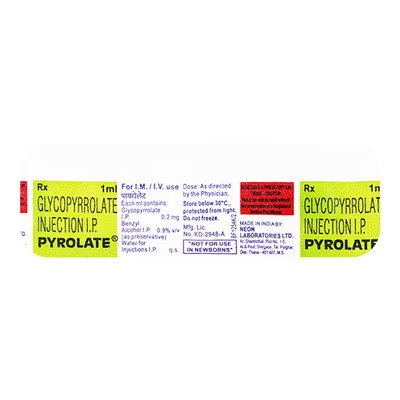
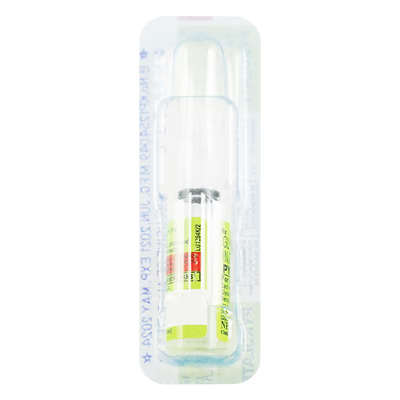
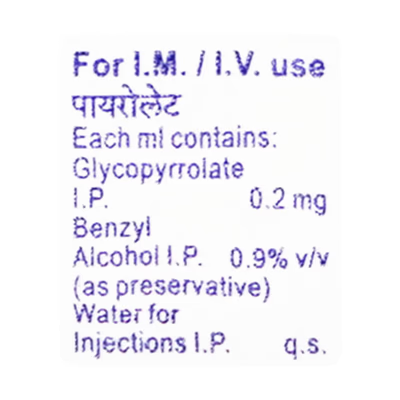

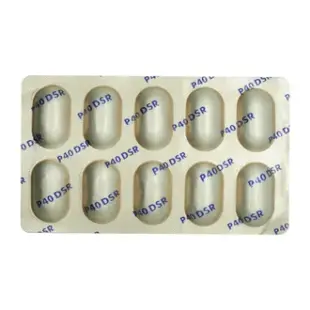
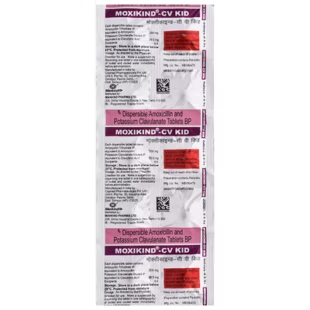
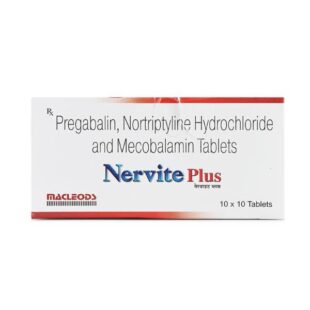
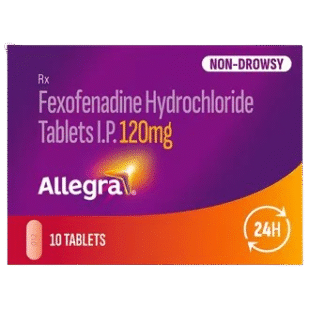
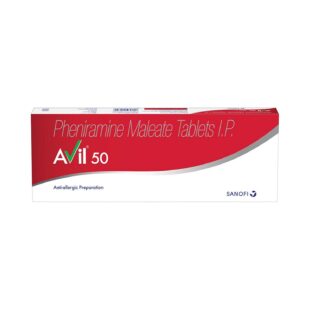
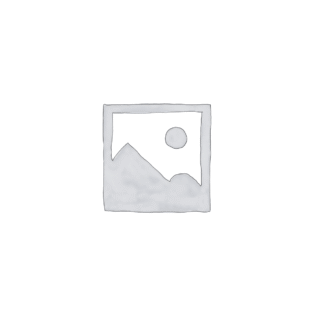
Reviews
There are no reviews yet.